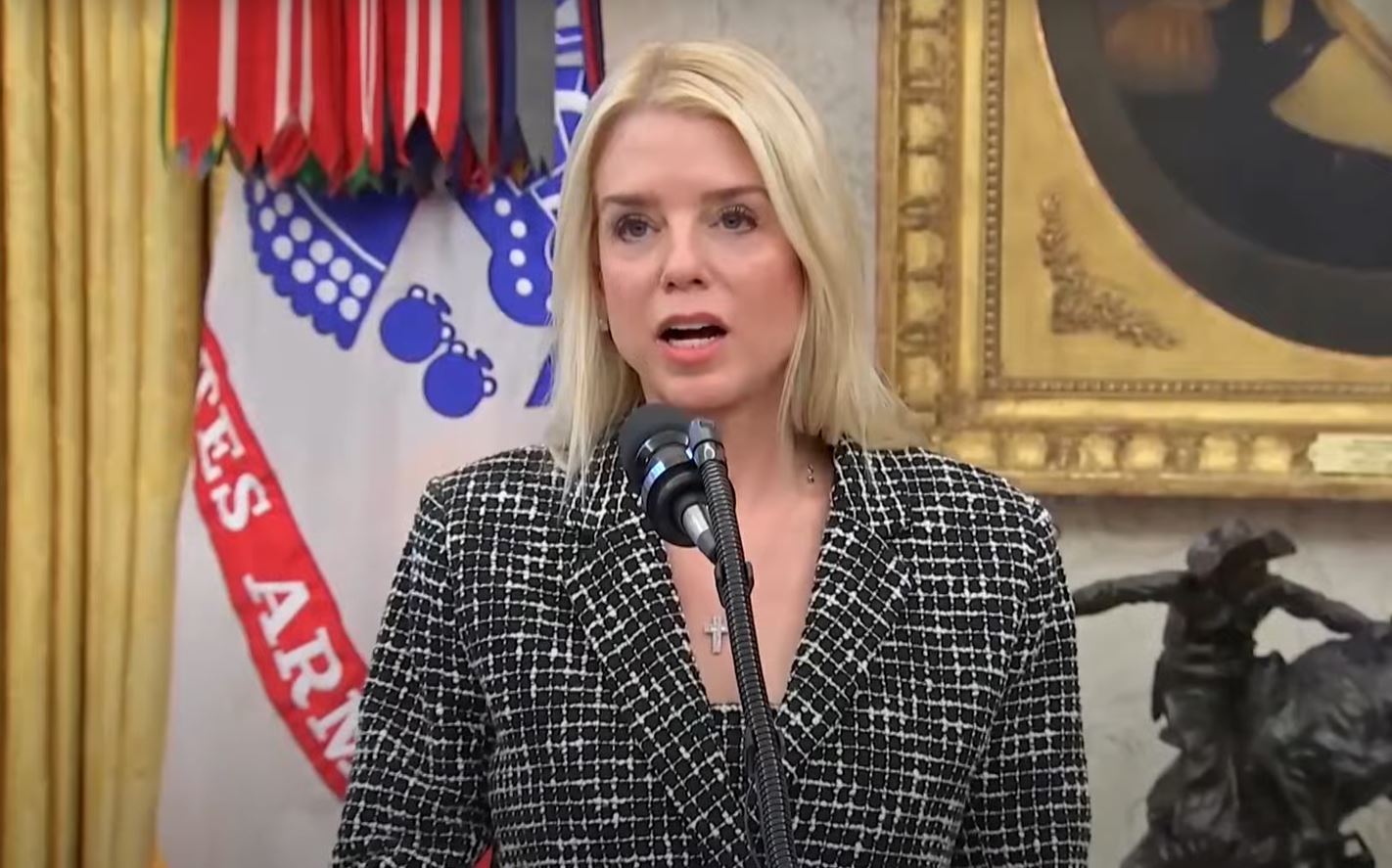The US Justice Department under President Donald Trump is disbanding Task Force KleptoCapture, which targeted Russian oligarchs' assets and enforced sanctions, Voice of America reports on 7 February, citing a memorandum from new Attorney General Pamela Bondi.
According to the memorandum dated 5 February, lawyers assigned to the task force will return to their previous positions. The resources previously allocated to fighting kleptocracy will allegedly be redirected toward combating drug cartels and transnational criminal groups.
"We must do more than try to mitigate the enormous harms these groups cause in America. It is not enough to stem the tide of deadly poisons, such as fentanyl, that these groups distribute in our homeland," Bondi wrote in the memorandum, "Rather, we must harness the resources of the Department of Justice and empower federal prosecutors throughout the country to work urgently with the Department of Homeland Security and other parts of the government toward the goal of eliminating these threats to US sovereignty."
The Justice Department plans to charge cartel and transnational criminal group leaders and managers with capital crimes, terrorism, racketeering, and continuing criminal enterprise offenses, Reuters says. Lower-level group members illegally present in the US will be deported rather than prosecuted to conserve resources.
KleptoCapture
Task Force KleptoCapture was established in March 2022 following Russia's full-scale invasion of Ukraine. The unit was tasked with enforcing US sanctions imposed on Russian oligarchs.
According to Voice of America, the task force played a key role in seizing the superyacht Amadea, which US prosecutors believed belonged to Russian oligarch and politician Suleiman Kerimov. American authorities intended to confiscate the elite vessel, valued at approximately $230 million, and transfer proceeds from its sale to Ukraine.
However, another Russian businessman, Eduard Khudainatov, later claimed ownership of the yacht. Legal proceedings regarding Khudainatov's standing to challenge Amadea's confiscation continue.
According to Reuters, the task force also brought indictments against aluminium magnate Oleg Deripaska and TV tycoon Konstantin Malofeyev for alleged sanctions violations, and seized yachts belonging to sanctioned oligarch Viktor Vekselberg.
Ramifications
Cases investigated by the task force are likely to continue, but the work will no longer be centralized at Justice Department headquarters, Reuters says.
"Are we going to suddenly see a surge of sanctioned oligarch wealth flood into the United States? I don't think so," said Andrew Adams, the first leader of the task force who now works at law firm Steptoe. "What you will see is a sharp decline in the pace of charges that target facilitators that are specific to Russia."
The Justice Department's foreign bribery investigations unit will now prioritize cases related to cartels, according to the memorandum. The Foreign Corrupt Practices Act (FCPA) of 1977 is a US federal law that bans citizens and entities from bribing foreign officials to secure business advantages.
"It is a radical move away from traditional FCPA cases and toward a narrow subset of drug and violent crime related cases that have never been the focus of FCPA enforcement," said Stephen Frank, a lawyer at Quinn Emanuel Urquhart & Sullivan and former federal prosecutor, according to Reuters.
In a separate memorandum also distributed on 5 February, Bondi announced the closure of the foreign malign influence task force. The Attorney General wrote that criminal charges under the Foreign Agents Registration Act should be "shall be limited to instances of alleged conduct similar to more traditional espionage by foreign government actors."
Related:

